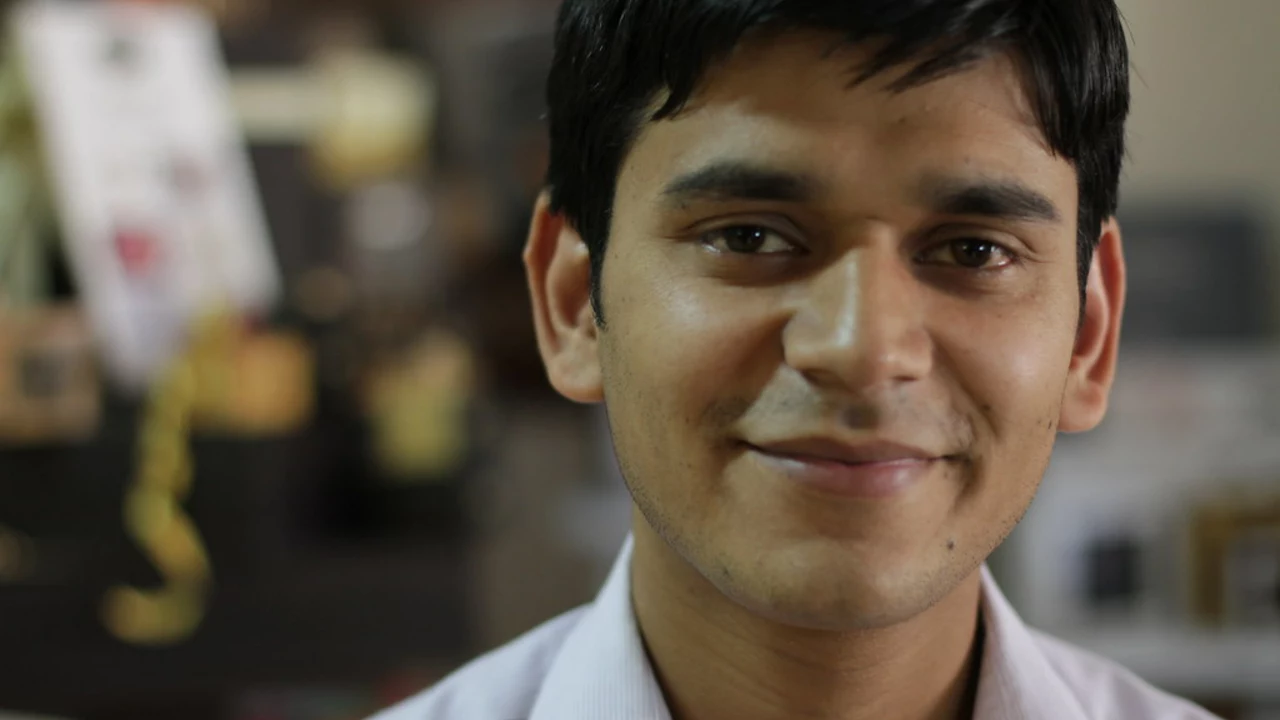Societal Expectations in Everyday India
When you look around, you’ll notice that what people think they should do often guides big decisions. From the news app you download to the way you view politics, these expectations act like an invisible rulebook. Let’s break down a few areas where this rulebook shows up and what it means for you.
Media Choices and Public Opinion
Take the hunt for the best English news app. Many users jump on the "Times of India" app because it promises fast updates, easy navigation, and offline reading. The buzz around that app isn’t just about features; it reflects a broader expectation that reliable news should be instantly accessible and diverse in viewpoint. When a platform meets those expectations, it earns trust, and when it falls short, people quickly move on.
Politics, Dynasties, and Democracy
Prime Minister Modi’s recent comment on political dynasties sparked a heated debate. The expectation here is simple: power should be earned, not inherited. Supporters see dynasties as a threat to equal opportunity, while skeptics question the motive behind the criticism. The discussion reveals how deeply the idea of merit‑based leadership is woven into the public’s sense of a fair democracy.
Similarly, questions about the reliability of the Supreme Court of India thread through this tag. People expect the highest court to be impartial, efficient, and representative. When landmark judgments protect rights, confidence rises. When case backlogs or perceived bias appear, doubt follows. Those expectations shape how citizens view the entire judicial system.
On a personal level, thinking about moving to India versus another country also hinges on societal expectations. Many imagine a low cost of living, rich culture, and tasty food, while also fearing traffic jams and pollution. Weighing these pros and cons forces you to match your lifestyle goals with what society says is “normal” in India.
Even niche topics, like the earnings of celebrity life coaches, reflect expectations about success. The belief that a coach can charge $1,000 an hour shows a market expectation that expertise, especially when linked to fame, commands premium prices. It tells us how society values personal development and fame.
All these examples point to a single truth: societal expectations are not static rules; they evolve with each conversation, article, and personal choice. By recognizing the expectations that influence you—whether it’s the app you trust for news or the political leaders you support—you can make more informed decisions and maybe even shape the expectations for others.
So next time you wonder why you feel a certain way about a topic, ask yourself: what expectation is guiding that feeling? Understanding that can turn a vague pressure into a clear, actionable insight.
What scares Indian men?
- Vivaan Kulkarni
- |
- |
- 0
In my recent blog post, I dove into the topic of what scares Indian men. I found that societal expectations, fear of failure, and the pressure to uphold family honor are significant factors. Interestingly, evolving gender roles and the fear of not meeting the traditional expectations as a breadwinner also feature high on the list. There's also a deep-rooted fear of being judged or ridiculed by society. Lastly, I found that many Indian men are scared of expressing emotions openly due to the stereotype of men being stoic and non-emotional.
View more